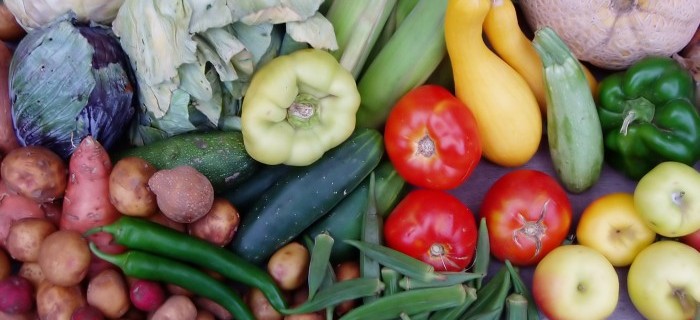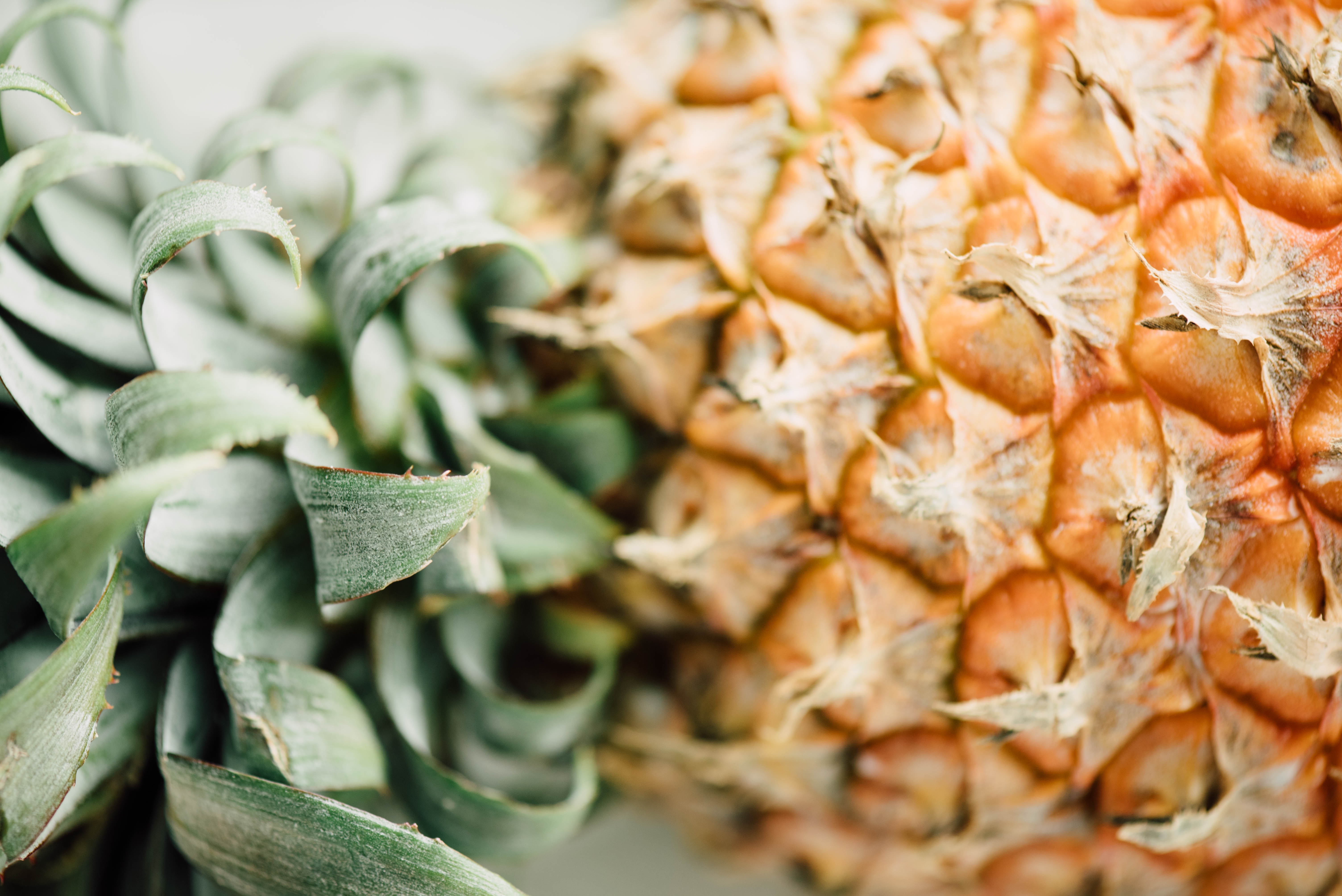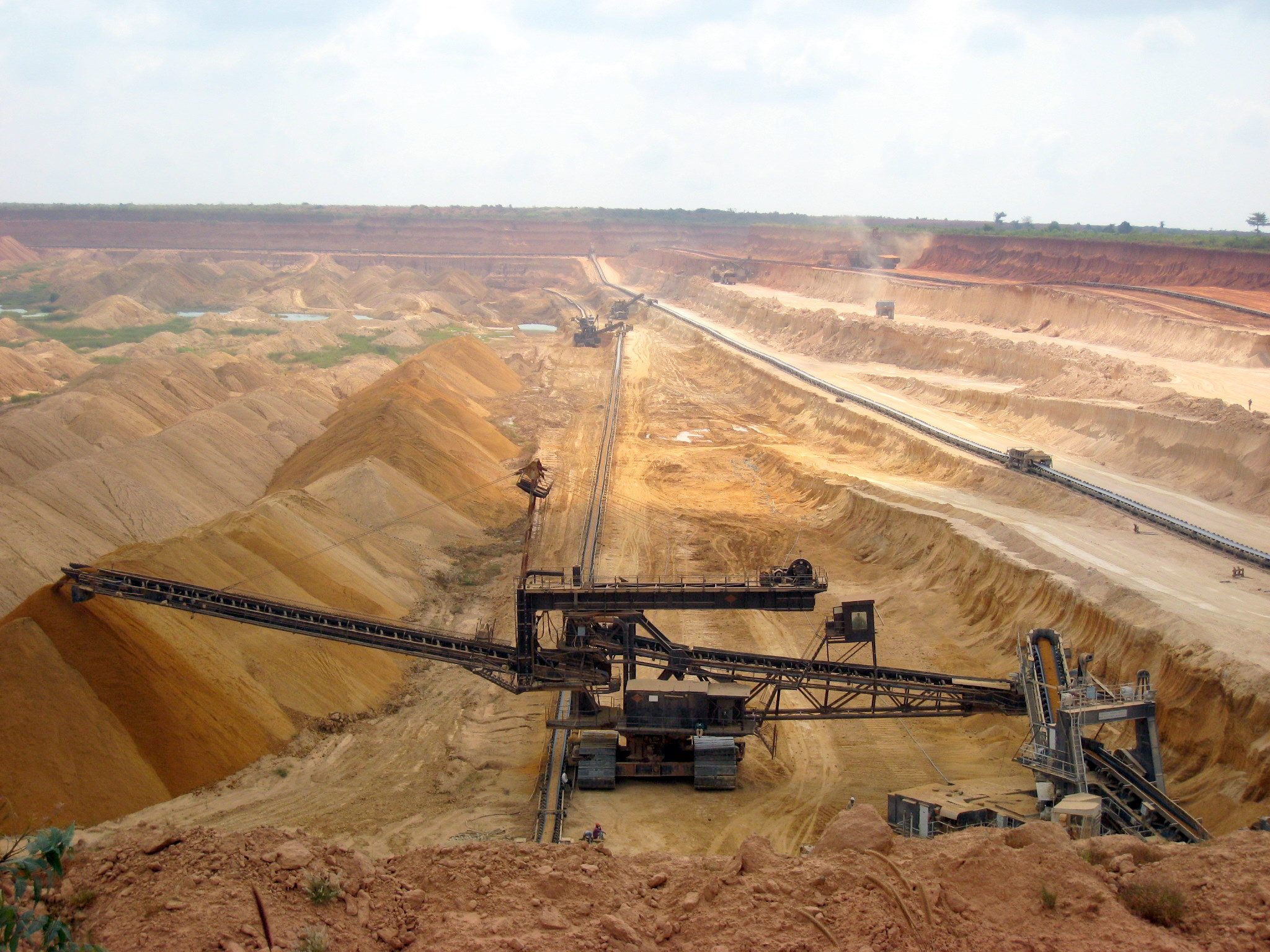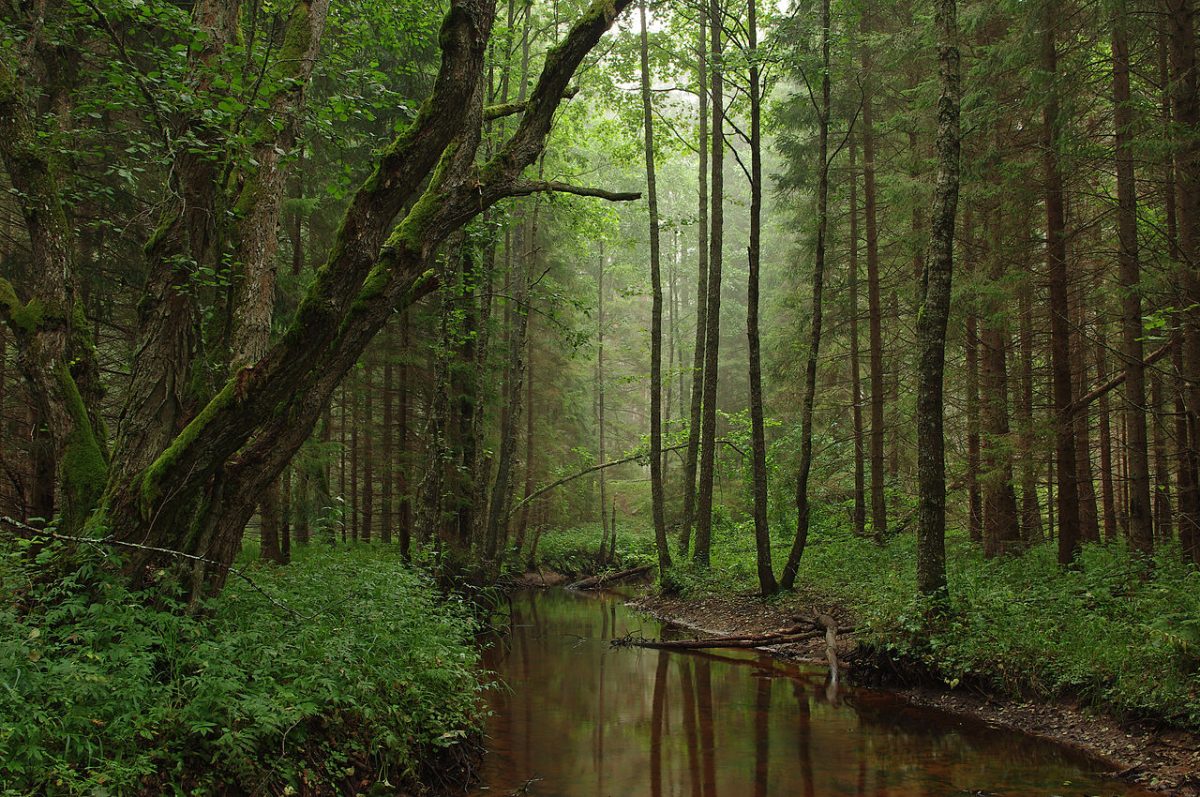Solutions to our Plastic Problem: Lessons from Lithuania

August 8th, 2018
A country with less than three million inhabitants, Lithuania is little known around the world apart from its breath-taking wilderness.
And it is the small Baltic state’s desire to keep its natural environment intact that is bringing it international attention with the launch of a national deposit refund scheme (DRS).
In 2016, the first reverse vending machines were introduced in shops around the country, accepting used beverage containers and in return giving back the deposit paid in the shop.
There are now over 1,000 DRS machines in large retail chains across the country and more than 1,800 small shops are also accepting plastic containers brought in by customers.
After the plastic packaging is returned, it gets collected from the reverse vending machines and sent to recycling centers where it is counted and prepared for processing.
The scheme has been widely labeled as a success story due to the surprising results that the country has achieved, with 1.2 billion units of plastic beverage containers returned in just two years.
“That is 21,000 tons of packaging per year which does not end up somewhere in dumpsites or in our environment,” says Gintaras Varnas, head of Užstato Sistemos Administratorius, the non-profit responsible for DRS management in Lithuania.
He told The Green News that all the single-use plastic collected through the DRS is granted a longer lifespan by turning them into new products.

Beverage containers being recycled Photo: VšĮ Užstato Sistemos Administratorius
While the DRS does not currently accept packaging from wine, spirits and dairy products, Mr Varnas says that the return of wine and spirits bottles is being considered.
Everyone was modestly hoping that the new initiative would reach the goals set for the first year to collect 60 per cent of beverage packaging sold. The results were better than expected, however, with 74 per cent of all drinks containers sold returned to the reverse vending machines.
In the second year, the Lithuanian people went even further, returning 92 per cent of all beverage containers sold. These numbers are expected to increase over the coming years, with the country’s 2020 return target already met.
Mr Varnas says that he is very pleased with the results of a recent survey that 87 per cent of Lithuanians are using the system. Nearly all participants in the survey (97 per cent) said that there are visible results of the success of the scheme such as less litter is on the streets and in parks.
The survey alsoo found that the small 10c refund is not the main reason why so many people choose to return used beverage packaging. Instead, people appear to be aware of the need to recycle more.
The scheme appears to have wider reaching results, with 93 per cent of those surveyed stating that the new system has encouraged them to sort all their waste more responsibly.
[x_author title=”About the Author”]







